
Meet Some of The LGBTQIA+ Candidates Fighting for Visibility & Change in the 2025 Election

The LGBTQIA+ Candidates Fighting for Visibility & Change in the 2025 Election is a feature story by Naomi Lawrence in the April print edition of Star Observer. See the latest issue here.
Across the globe LGBTQIA+ representation in politics has grown steadily, with thousands of queer elected officials around the world.
We’ve come a long way. From the gay liberation era seeing community hero Harvey Milk become an elected official in 1977, to Jóhanna Sigurðardóttir becoming Iceland’s first openly gay Prime Minister — and she’s also believed to be the world’s first LGBTQIA+ head of state. 2003 saw Aya Kamikawa become Japan‘s first out transgender elected official, and in 2020, Sarah McBride became the first openly transgender state senator in the United States.
These queer milestones and the many others mark a global shift in the political landscape. We’re still protesting for our rights outside, but now we’re also at the decision-making tables and occupying seats in parliament, too.
However, this wave of progress comes amid a time of rising hate-fuelled rhetoric, anti-trans legislation, and far-right policies. Representation, now more than ever, matters not just figuratively, but strategically.
Young LGBTQIA+ folk continue to face a hell of a lot: alarming rates of mental health challenges, discrimination, and much more. While progress has been made, including marriage equality and healthcare reforms, the community still fights battles on many fronts. The rollback of rights overseas coupled with an increasingly transphobic agenda has rippled through our country. So in this climate, the visibility and advocacy of LGBTQIA+ politicians isn’t just positive — it’s crucial.
Peake, Burnett, Bates: Just three of the LGBTQIA+ candidates in the 2025 federal election
With the federal election looming, LGBTQIA+ candidates like Tara Burnett, Savanna Peake, Stephen Bates and many more aren’t just running for office, they’re aiming to improve a system that has long excluded and marginalised their own communities. They not only bring first-hand experience but also an important message to young queer Australians: we have felt what you have felt, and we are fighting for you.
“For too long, people outside our community have made decisions about us,” says Burnett, a Greens candidate for Cooper in Victoria. “At best, they mean well. At worst, they aim to marginalise us. We need leaders with lived experience and solidarity.”

Burnett, a former teacher and potentially the first openly trans woman in Australian office, sees her candidacy as urgent. “Young trans people are under attack,” she says. “Those kids deserve someone who’ll stand up and represent them at the top level.”
Savanna Peake, running for Labor in Wentworth, echoes the sentiment. “Representation isn’t just symbolic—it shapes laws that affect our lives. When LGBTQ+ voices sit at the table, policy reflects our reality,” she says. “I’m running because we can’t wait for change; we have to make it happen.”
Stephen Bates, Greens MP for Brisbane, keeps it simple: “If you aren’t at the table, you’re on the menu.”
Bates says exclusion leads to policies that either ignore or harm queer Australians. “We need LGBTQIA+ representation in the public face of politics and decision making for more impactful solutions.”

Each candidate reflects on how their identity directly informs their politics. Bates says his encounters with discrimination fuels his empathy-driven plan. “The more people mix and talk, the more we break down stereotypes. That’s why I host weekly public forums—to keep politics open, human and real.”
Peake, co-convenor of Rainbow Labor NSW, emphasises the importance of action. “We pushed for the NSW Equality Bill — and we won. Change doesn’t just happen, you have to fight for it. As a proud lesbian woman, I’m here to deliver for our community.”
Burnett adds, “Taking pride in my identity means refusing to back down or compromise who I am, even when others want us erased.”
For all three, advocacy means tackling issues that directly impact LGBTQIA+ lives. Burnett focusing on gender-affirming healthcare says “Underfunding and long waits make it difficult for people to access or even afford it. Expanding access to specialists, covering treatments under Medicare, and getting more medicine on the Pharmaceutical Benefits Scheme (PBS) are key to improving outcomes for trans people, especially youth.”
Peake highlights the mental health crisis which is terrorising our queer youth. “I’ve lost friends to suicide. I’ve seen its devastating impact. The Albanese government’s investment in prevention is a start, but there’s more to do. Mental healthcare is a fundamental right, not a privilege.”

Bates focuses on the high rates of homelessness and healthcare. “Making sure everyone can access housing and healthcare will make the biggest difference in people’s lives.”
Running as an openly queer candidate comes with responsibility and much needed visibility. “I cop hate not just for the future gen[eration] but to make it easier for young people,” says Burnett. “Standing as an openly trans candidate means standing up for a community which is being marginalised and used as the thin end of the wedge by cynical politicians.”
Peake echoes that sense of duty. “Visibility is crucial, but it’s action that brings real change. When I was growing up, there were few openly LGBTQ+ politicians, and I felt that absence deeply. Running in this election as a proud lesbian isn’t just about representation—it’s about leading with purpose and showing that we shape the future.”
Bates says visibility changes what’s possible. “We can only be what we can see and I want to inspire LGBTIQA+ people to run for office at every level.”
Each candidate shares a message for LGBTQIA+ people navigating their identity today.
“Coming out is like trading one weight for another,” Burnett says. “But the second one is yours. Find your people. You’ll carry it together.”
“I know what it’s like to feel like you have to fight just to be seen, but here’s the truth: you are powerful. Don’t let anyone tell you that you can’t. And if you’re thinking about stepping up—whether it’s in activism or politics—do it. We need you,” Peake says.
Bates keeps it hopeful. “We’re going to need lots of us to stand together to fight the rise of the far right. But there’s more of us than them. History bends towards justice.
“You owe it to yourself to be proud of who you are. You never know how many people you’re paving a path for.”
Of course, these three aren’t alone. This election also includes LGBTQIA+ folks and allies such as Greens candidates Luc Velez, Nick Ward and Keiron Brown in NSW, Dani Hunterford in the ACT and Owen Fitzgerald in Tasmania, Labor’s Julian Hill in VIC and Nita Green in QLD, Socialist Alliance’s Jade ‘Nova’ Sobieralski in WA, and many more. And as we get closer to May 3, when we head to the polls (and eat our democracy sausages), more could emerge.
As the election heads our way, it spotlights who dares to take up space in our political system in order to help all of us feel visible, acknowledged, and loved. Each and every queer candidate reminds us that representation matters, and we are breaking ground every time an LGBTQIA+ proudly says who they are on the Hansard record.
EDITOR NOTE: A previous version of this article stated ‘This election also includes folks such as’ in the second-to-last paragraph and did not specify that ‘LGBTQIA+ folks and allies’ — Star Observer apologises for any confusion. We have also added more names to this paragraph, as more people have announced their candidacies since the date this story went to print. Candidates can contact the editor if you would like to be added or removed from this list.


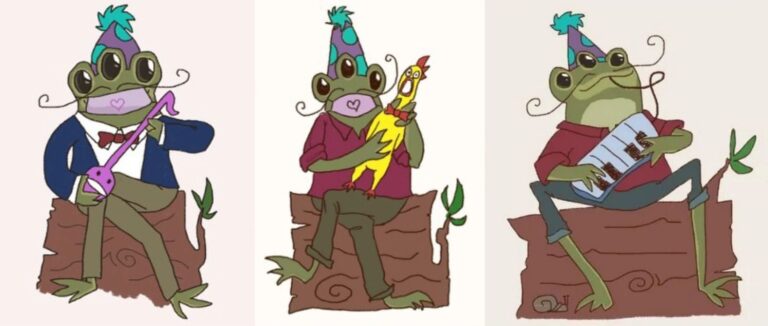

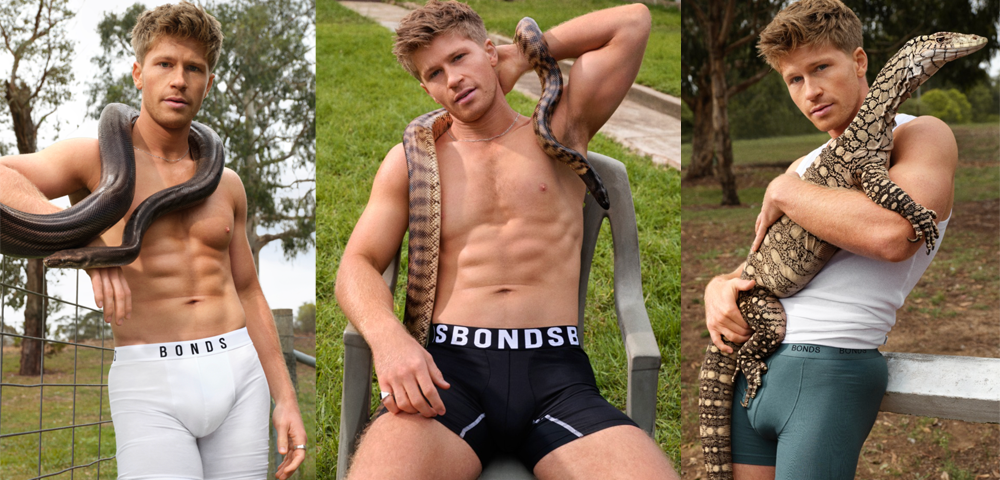

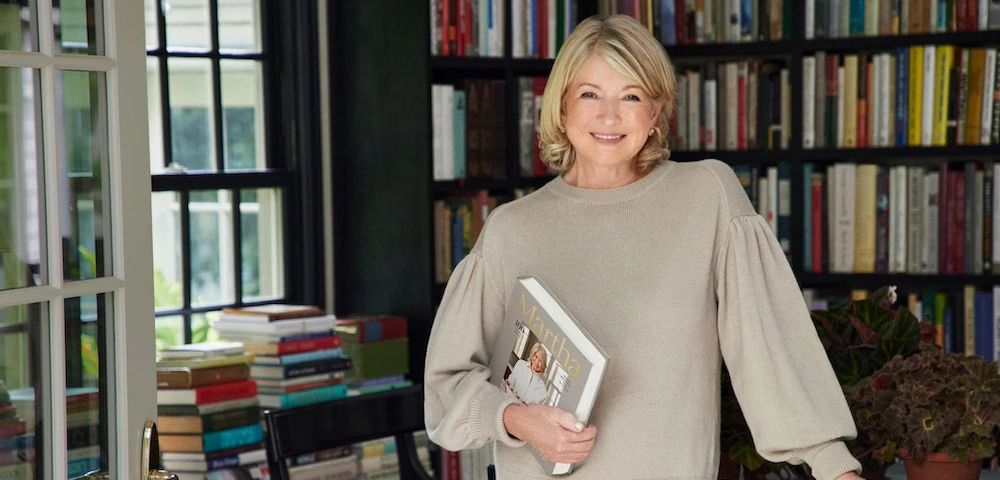

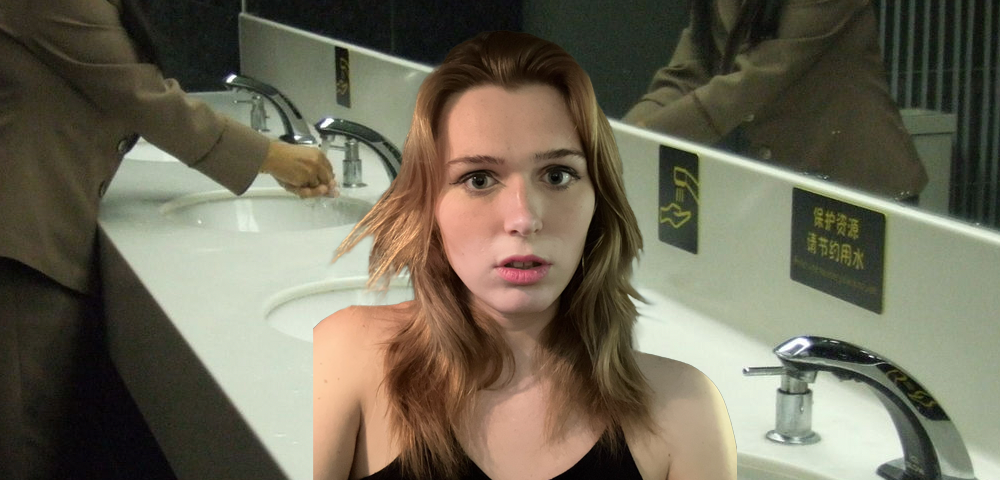
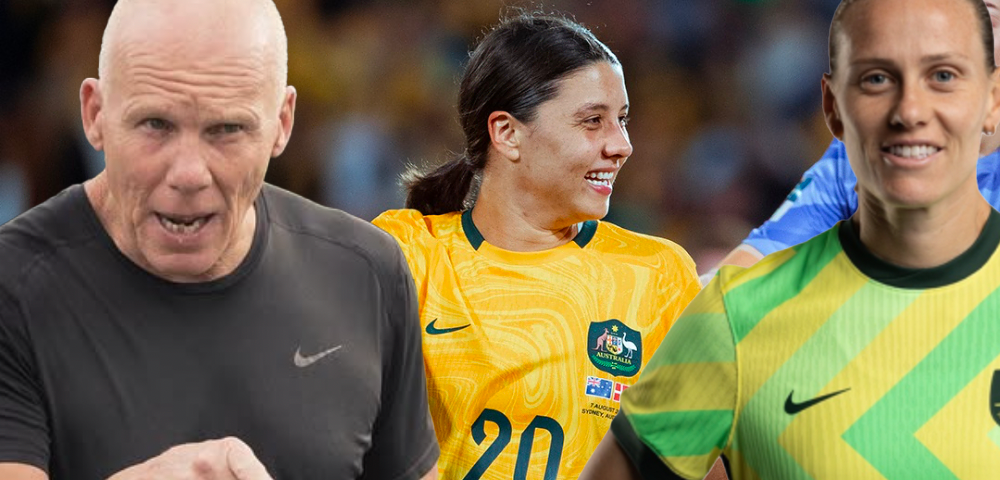
Leave a Reply